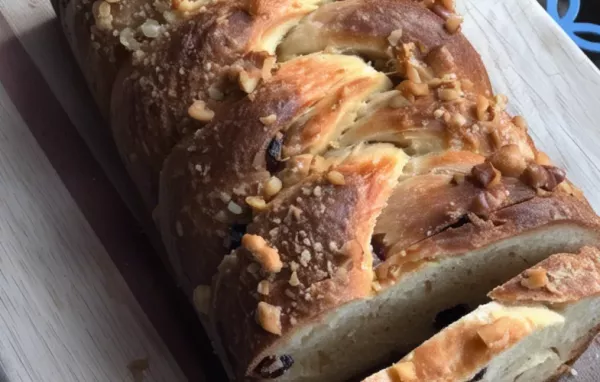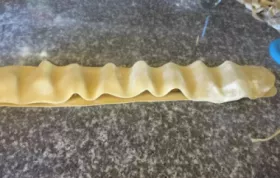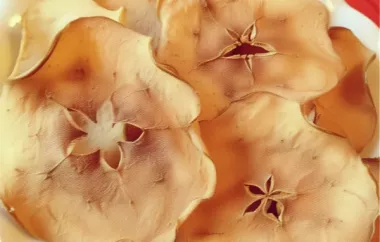Authentic Tsoureki Recipe Passed Down Through Generations

Published on March 23, 2024
Yia Yia's Tsoureki is a delicious sweet bread traditionally made for Greek Easter. This recipe has been passed down through generations and is a beloved classic in Greek households. With its rich flavor and soft texture, Tsoureki is a staple at Easter celebrations.
Ingredients
- 1 cup warm milk
- 2 1/2 tsp active dry yeast
- 1/2 cup sugar
- 5 cups all-purpose flour
- 1/2 cup unsalted butter, melted
- 3 eggs, beaten
- 1 tsp vanilla extract
- 1/2 tsp ground mahlab
- 1/4 tsp ground mastiha
- 1/4 tsp ground cardamom
- 1/2 cup slivered almonds (optional)
- 1 egg yolk, beaten for egg wash
- Sesame seeds for sprinkling
Directions
- In a small bowl, mix the warm milk, sugar, and yeast. Let it sit for 10 minutes until frothy.
- In a large bowl, mix together the flour, melted butter, beaten eggs, vanilla extract, mahlab, mastiha, and cardamom.
- Add the yeast mixture to the flour mixture and knead until a soft dough forms.
- Cover the dough with a towel and let it rise in a warm place for 1-2 hours, until doubled in size.
- Punch down the dough and knead it again for a few minutes. Divide the dough into three equal parts and braid them together.
- Place the braided dough on a baking sheet lined with parchment paper. Let it rise for another 30 minutes.
- Preheat the oven to 350°F (175°C). Brush the dough with egg wash and sprinkle sesame seeds on top.
- Bake for 30-35 minutes, until the bread is golden brown and sounds hollow when tapped on the bottom.
- Let the Tsoureki cool before slicing and serving. Enjoy with a cup of Greek coffee or tea!
Interesting Facts
You’ll Also Love












